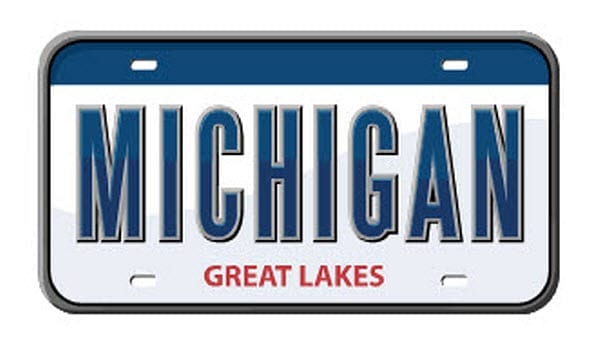Mayor Mike Duggan has now asked the Michigan Legislature to give the nod to this type of coverage.
Last week, Detroit Mayor Mike Duggan spoke to the State Senate Insurance Committee with regards to a plan that he believes would make it possible for residents of his city to opt out of the Michigan Catastrophic Claims Association and to be able to buy a lower but more affordable type of medical plan to comply with the auto insurance laws.
The mayor has referred to this type of new alternative coverage as “D-insurance”, which he first proposed in 2014.
The idea behind this system is that Detroit would establish its own auto insurance program and people living within the city would be able to opt into it. Those who chose this program would be able to obtain $250,000 in hospital coverage, as well as an additional $25,000 in coverage once they had left the hospital. This is immeasurably lower than the current coverage provided to Michigan residents, in which they have unlimited medical protection over a lifetime. However, Duggan pointed out that his proposal is still better than the majority of coverage across the country.
What’s more, the mayor feels that it would allow Detroit residents to pay 25 to 33 percent less for auto insurance.
Estimates from the Insurance Information Institute (I.I.I.) have shown that as of 2012, more than one in five (21 percent) of all drivers in Michigan do not have insurance coverage. In Detroit, the situation is worse than anywhere else in the state. In that city, the average car insurance premiums are $3,400 per year. That said, the average income for residents of that city is $26,000.
Duggan said that this makes automobile insurance completely unaffordable for a very large percentage of drivers, and he feels that he has the alternative that could greatly correct this situation.
Duggan explained that “We’re saying in an area where half your people can’t afford anything aren’t they better off to have some kind of coverage as opposed to none?” The mayor has spent a year going over the auto insurance figures in his city and believes that follow-up medical costs are the primary driver of the high costs of coverage in Detroit.


